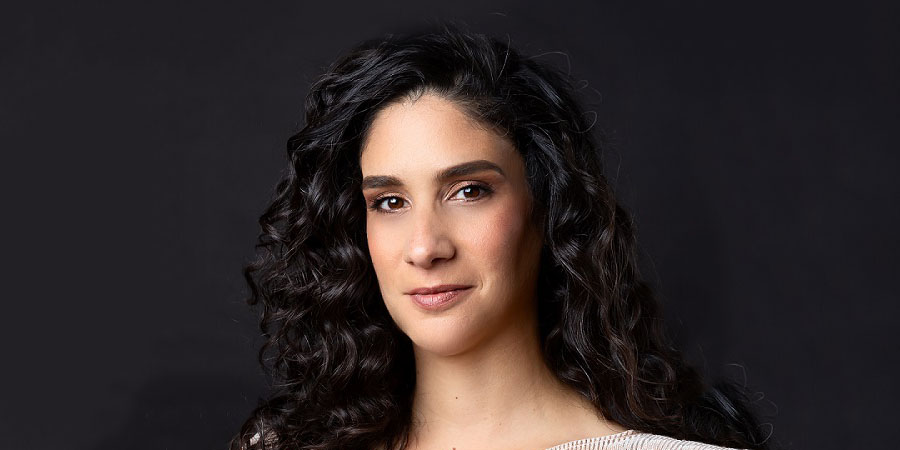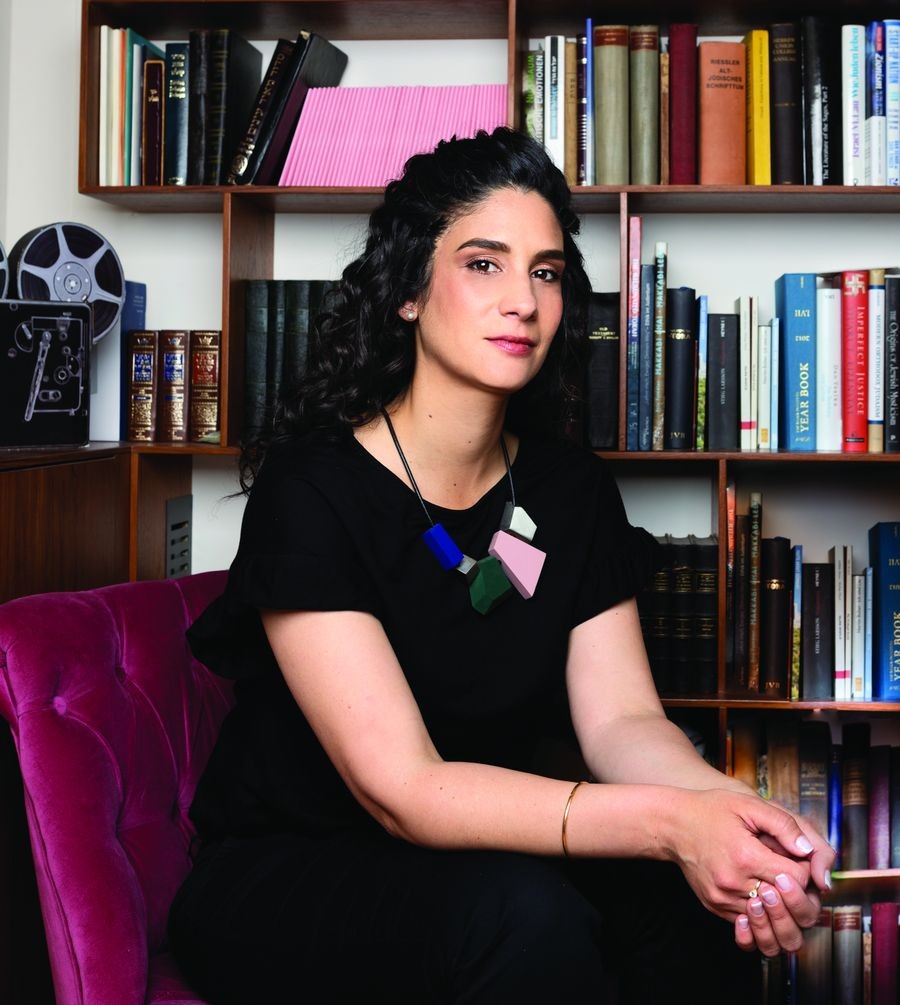
Imagine it is the middle of the day, and you just finished perfecting a long mail in English to an essential investor across the globe. Suddenly your smartphone starts buzzing. A push notification tells you of another company that had just become a unicorn, but this time, the announcement almost made you fall off your chair.
This start-up you worked for a couple of years ago just announced a successful fundraising round that reflects a value of over a billion dollars. What’s more shocking is the fact that the package of shares you received when you started working there is now worth a lot of money, hundreds of thousands of dollars, maybe even millions.
Nowadays, this scenario, which somewhat resembles a lottery commercial script, is not as rare as you might think. It is a dream that became a reality for thousands of Israelis. As more and more companies’ complete successful fundraising rounds and get valuations of hundreds of millions of dollars, often even billions, more shareholders become valuable property owners overnight.
The historic ‘tide’ in the Israeli high-tech sector and cheap credit we are witnessing today brings more companies together with money, which is happening on an unprecedented scale.
According to reports by the IVC and Meitar data published last year, there was a record number of fundraising rounds, no less than 578 rounds, that sums to a cumulative amount of over 10 billion dollars.
The year 2021 already bypassed the record set in 2020. During the first yearly quarter alone, the scope of fundraising got to 5.4 billion dollars.
So, congratulations – tens of thousands of Israelis became millionaires in the past year. Now they can make the big Israeli dream come true – they can quit their jobs, buy their dream house, or maybe go on a family trip around the globe.
However, reality does not work that way. Although they may have just become millionaires, it is still only on paper and far from their reach. In most cases, the actual process of realizing those shares into real money is complicated and lengthy.

If no secondary deal has been made, as in most cases, the new millionaires are forced to remain patient and anxiously wait for the company’s IPO or purchase in a merge deal.
Until that happens, 100% of the valuable asset they hold is non-liquid, non-negotiable, may be highly volatile, and carries considerable risk as well.
“When a company becomes public, full trading of shares can take a very long time, sometimes even years,” explains attorney Adi Weitzhandler, co-founder of Valoo.
This platform allows shareholders in private companies to realize their holdings and liquefy their possessions even before an IPO or an exit has occurred.
Weitzhendler explains that the company she founded this year is now dealing with shareholders in private companies, whether they are employees or investors, in one of the early funding rounds. It helps them overcome this gap, liquidate their assets, and minimize the risk.
“In one case, we had an employee who called us and said she had shares in a company that had just become a Unicorn,” tells Weitzhendler. “After our professional investigation, we informed her that because of a split in the company’s shares, she was now entitled to get twice the amount of money she thought she’d get and that she was actually a millionaire. She had six times more stocks than she initially thought,” she continues, “and she had no idea that’s the case because this valuable information was inaccessible to her. In general, this kind of information is difficult to access, certainly if one is not a professional in the field.”
Preventing a future nuisance
The idea behind the companies operating in this field is fundamentally simple. Valoo, for example, is based on information originating from several sources and is analyzed using a unique model; after examining and analyzing the data, the model cross-reference with the company’s press releases and the information that comes from the sellers themselves.
This way, all stock sellers are mapped, which helps to complete the whole financial picture, allowing the stock sellers to understand their holdings’ actual value better.
“Most of the time, those who contact us are early investors, active employees, or former employees who hold shares in the company. We work in collaboration with the companies themselves, and it’s giving them peace of mind as well”, Weitzhendler explains. When she talks about the nuisance this situation is creating for the companies, she mainly refers to a side effect that often occurs at the same time as sharp value growth.
When this becomes a reality, a private company management board starts to receive countless inquiries from shareholders who demand to get their hands on important information that is certainly critical and vital for them.
Those shareholders usually want to know what the value of their shares is. Is there an IPO or sale on the horizon; is there a secondary deal in the works? In some cases, shareholders who already received information apply again and try to sell their holdings; that’s when the company becomes obligated to allocate resources to enable shareholders to realize their stocks.
“It’s a solution that benefits all the parties involved. We help shareholders understand what they have, and we help the company as well. We make connections and simplify the whole process”
“Although it is a natural and healthy process, this also means the company will be under considerable pressure, both external and internal: from investors or former employees of the company and also from current employees who are eager to sell some of the shares for cash. Naturally, companies want to go public at a time that is convenient for them. They do not want to be forced into it out of pressure and prior obligations to their shareholders. There are also some problems with the VC funds because they want all the money they invest in going into the company’s activities and rightfully so”.
The need for Valoo’s services is critical. It is accentuated mainly in light of the matriculation process that has been taking place in the Israeli high-tech sector in recent years.
Companies are no longer jumping on any opportunity for a “fast exit,” Meanwhile, they keep developing themselves and proceed to grow. “On the one hand, this is a blessed change for the Israeli economy in general, but on the other hand, there are shareholders who are expected to sell their shares and use the proceeds,” Weitzhendler points out.
The solution to this problem is offered by companies like Valoo, who use their professional knowledge, experience, and connections in the market to obtain as much information as possible to help the shareholders realize their holdings.
“It’s a solution that benefits all the parties involved. We help shareholders understand what they have, and we help the company as well. We make connections and simplify the whole process”, Weitzhendler describes, “From the examination of the parties to the transaction, helping with the tax deductions, transferring funds to the seller and eventually, orderly report them to the company.”
The pursuit of the secondary deal
Valoo currently has around ten employees and is now in the process of recruiting more.Adi Weitzhandler founded the company in 2020, along with her partner Meir Steigman, an attorney specializing in investment and financial regulation, who previously held a senior position in the Israeli Prime Minister’s Office.
Adi was selected to the 2016 Forbes Israel’s list of 30Under30. She then worked as a lawyer at a large law firm called Gross Kleinhender Hodak (GKH). As part of her work there, Weitzhendler set up the firm’s China desk and was responsible for representing venture capital funds and start-ups and leading large investment transactions.
“Meir and I are both lawyers, and we dealt with the high-tech sector and the whole process of private transactions,” says Weitzhendler. “When we worked on these transaction deals as lawyers, we accompanied both developers and companies; we witnessed so many scenarios that occurred during funding rounds.
We often met entrepreneurs that begged the investors and did absolutely anything just to get a secondary deal along with the planned investment round”, she describes. “We saw how much effort companies put into it and how they are spitting blood for it. This was when we understood both the dissonance and the great potential of the existing situation”.
Indeed, the potential of this situation is tremendous. According to Campbell Lutyens, an international investment firm specializing in secondary deals, the global market for these deals in 2020 was 60 billion dollars. After soaring a record of 85 billion dollars a year earlier. In Israel, IVC Research Company estimated that the size of the secondary market is around 1 billion dollars during 2019 alone, while it is estimated that during 2020 the volume of transactions was about 1-2 billion dollars.
“In one case, we had an employee who called us and said she had shares in a company that had just become a Unicorn. After our professional investigation, she found out she was now a millionaire”
The sharp rise in the recruitment volume and the value of private companies is only further fueling the already boiling market. Today, it is estimated that there are no less than 630 companies worldwide that receive a nine-zero price tag, with their aggregate value already crossing the 2 trillion dollar mark.
In 2020, 15 new Israeli companies worth more than 1 billion dollars won 50% of their profit during 2019 and more than three times as much as in 2018. This trend is expected to continue to grow in 2021 when 17 new Unicorns have already been born during the first yearly quarter alone.
Nowadays, more companies jump on this galloping cart and offer their solutions for non-tradable shareholders; they aim to help shareholders liquefy their assets, allowing them to distribute risky investments and benefit from them.
“The solution we offer is a win-win for everyone,” concludes Weitzhendler, “To the VC funds that invest, to the entrepreneurs and owners of private companies, and of course, to the employees and investors who are the shareholders who want to realize profits.”




